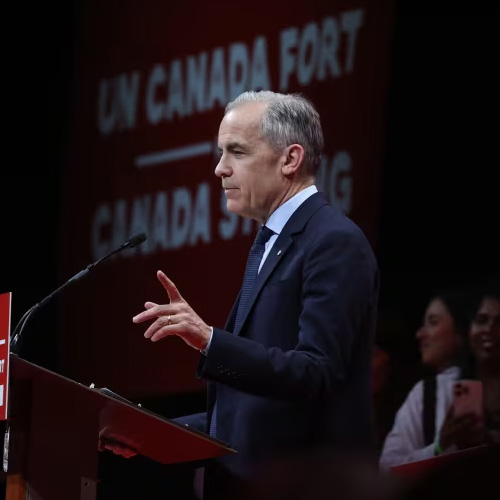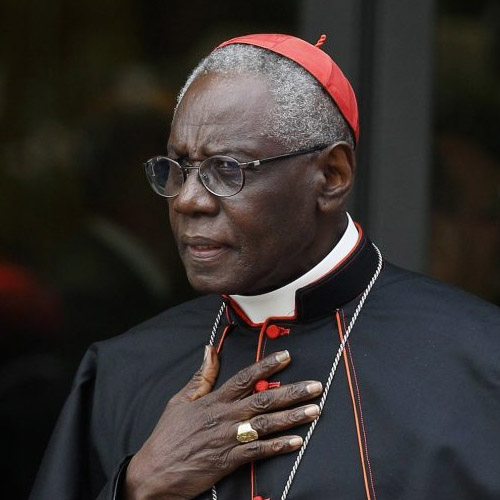CANADIAN ELECTION RESULTS: MARK CARNEY TO REMAIN PRIME MINISTER AMID US TARIFF DISPUTE
CANADIAN ELECTION RESULTS: MARK CARNEY TO REMAIN PRIME MINISTER AMID US TARIFF DISPUTE

OTTAWA, April 28 - Liberal Party leader Mark Carney will remain Canada's Prime Minister following Monday's federal election, though his party failed to secure the majority government he had sought to strengthen his position in trade negotiations with US President Donald Trump.
The Liberals needed 172 seats in the 343-seat House of Commons to form a majority government but fell short of this threshold, resulting in a minority government that will likely require cooperation from smaller parties to pass legislation.
In his victory speech in Ottawa, Prime Minister Carney acknowledged a fundamental shift in Canada-US relations, stating: "Our old relationship with the United States, a relationship based on steadily increasing integration, is over. The system of open global trade anchored by the United States that Canada has relied on since the Second World War is over."
Carney warned that the coming months would require sacrifices from Canadians as the nation navigates this new reality.
Political analysts attribute the Liberal victory to several factors. "It was the 'anybody-but-Conservative' factor, the Trump tariff factor, and then the Trudeau departure which enabled many left-of-center voters and traditional Liberal voters to return to the party," explained Shachi Kurl, president of polling firm Angus Reid Institute, referencing former Prime Minister Justin Trudeau's resignation.
Throughout his campaign, Carney emphasized his economic expertise as crucial for handling relations with the United States, particularly regarding Trump's threatened tariffs. He has promised to invest billions to reduce Canada's dependence on the US market.
Conservative leader Pierre Poilievre, who focused his campaign on domestic issues including the cost of living and housing crisis, conceded defeat but vowed his party would hold the government accountable. Notably, Poilievre was trailing in his own Ottawa-area district as votes continued to be counted.
The election occurred against a backdrop of heightened tensions with the United States. President Trump recently threatened to impose a 25% tariff on Canadian-made automobiles and has made controversial statements about using "economic force" to make Canada the "51st state."
Carney took a defiant stance in response to these comments, declaring: "America wants our land, our resources, our water, our country. These are not idle threats. President Trump is trying to break us so America can own us. That will never ever happen."
This nationalist sentiment appears to have benefited Carney, a political newcomer with significant economic credentials as former governor of both the Bank of Canada and the Bank of England.
Meanwhile, supporters of smaller parties, including the left-leaning New Democratic Party (NDP) and the separatist Bloc Québécois, shifted support to the Liberals. NDP leader Jagmeet Singh conceded defeat in his own district and announced plans to step down as party leader.
Canadian minority governments typically last about two and a half years, suggesting the possibility of another election before a full four-year term is completed.
The Liberals have now won four consecutive elections, a feat last accomplished by the party in 2004.
Related News .
Stay updated with the most important events.




